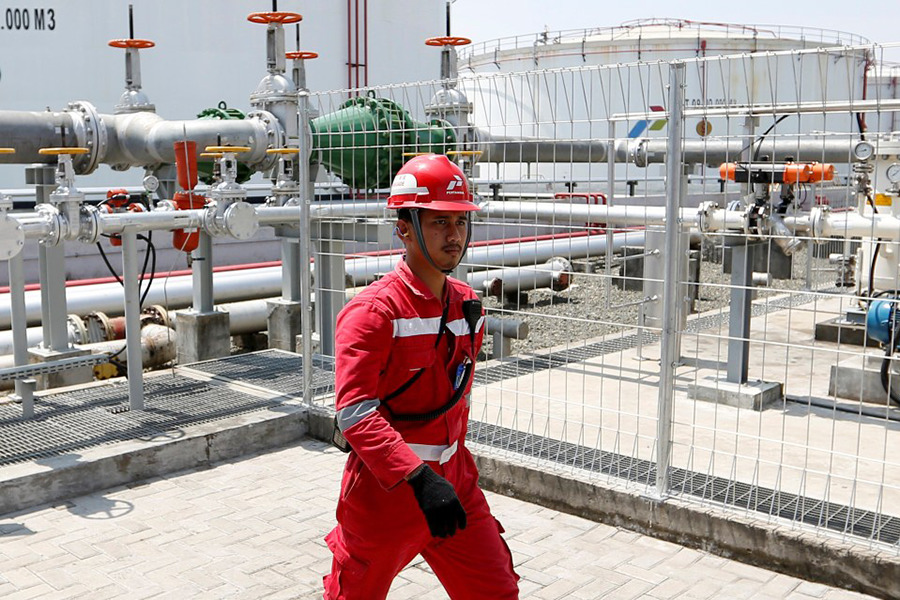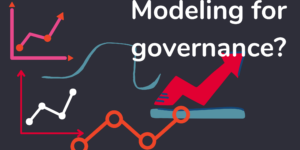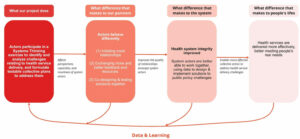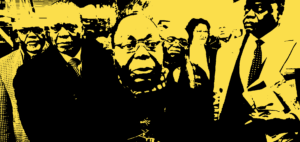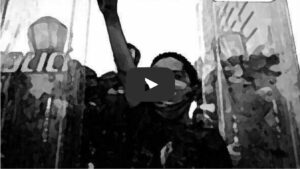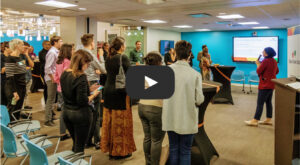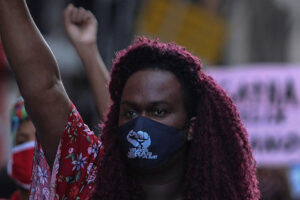Integrity: i) The quality of being honest and having strong moral principles, and
ii) The quality of being whole and complete (The Cambridge Dictionary)
In my six years as Executive Director of Global Integrity, we have not spent much time explicitly reflecting on our name. I’d always assumed that we inherited it, having spun off from the Center for Public Integrity in 2005, and felt that perhaps it referred to our early focus on measuring the “implementation gap” between policies on paper and policies in practice. As a result, when people have asked about our name and what it means, I’ve tended to deflect the question. But in recent months, I’ve begun to see the value of integrity, and of our name, in new ways.
For much of the governance, transparency and anti-corruption community, integrity – although often poorly defined – is about individuals and organizations behaving in trustworthy ways; being honest, practising what they preach, and meeting agreed norms and standards. These meanings of integrity are important, but just as our focus has broadened beyond measuring the implementation gap, to supporting locally-led, learning-centered and adaptive approaches to addressing complex and systemic governance-related challenges, so might our thinking on integrity.
Integrity might more usefully be thought of in terms of the strength and quality of a system’s integration; the nature and inclusiveness of the relationships and processes that connect the various actors and make the whole system more than the sum of its parts. The behavior of individuals and organizations matters hugely – individuals shape systems, as systems shape individuals – but it is these relationships and processes that drive a system’s dynamics, building or undermining its capacity for innovation, learning and adaptation, and thereby shaping the system’s ability to generate solutions to complex challenges. (See here for a closely related argument which puts trust center-stage).
In addition to the organizational and professional reflections that the full version of this piece sets out in greater detail, my thinking has been given a boost by the reading, reflection, and coaching I’ve been doing about how I might in my personal life best strengthen the dynamic webs of relationships that make life, including my life, what it is (see also listening with love – an ethic of love, in bell hooks’ terms – by Kyende Kinoti at Feedback Labs). For me, personally, this reflection has been very energizing. For Global Integrity, this strand of thinking is informing the evolution of our approach to supporting partners’ efforts to address complex governance-related challenges, helping us to build on our strategy and its focus on listening, learning and adaptation.
Informed by these various reflections, our latest thinking starts with the reality that we are a small player in a complex system of actors and our belief that we can contribute best by enhancing the integrity (relationships & processes) of those systems and thereby their ability to address complex social challenges. We do this indirectly, by providing practical support and accompaniment for civil society and government partners as they tackle issues relating to corruption and the use of public resources.
By doing this, we aim to develop our, and our partners’ capacity to operate in the learning-centered and adaptive ways which enable organizations to shape and strengthen the integrity and effectiveness of the systems they are part of. Last but not least, in all that we do, we aim to be led by our partners, adding value where they, and we, think we can; helping to shift and share, rather than consolidate, our power.
As we move forward into a new year, it feels good to be finding a fit between the name we have on paper and what we do in practice. It also feels good for me, to be in a place where my personal ponderings and my organizational reflections are themselves increasingly integrated. With system integrity and the relationships through which it is built as our guiding star, we look forward to making a stronger contribution to our partners’ efforts to address governance-related challenges, by nurturing the emergence of systems that are full of integrity and better able to meet people’s needs.
To dive deeper into our reflections on integrity, go here. To learn more about what we did to strengthen systems of integrity in 2020, see below.
– Alan Hudson, Executive Director, Global Integrity
Annual Report 2020
Data and Development
“Data is part of our DNA.”
– Global Integrity
Open Data vs. Corruption
In collaboration with the Transparency Accountability Initiative (TAI), the Open Data Charter, and partners in Latin America and Africa, we supported the use of open data to collaboratively address governance and corruption challenges through the design and implementation of better policy commitments.
Accounting for COVID-19
We supported African civil society organizations including BudgIT Foundation, Connected Development (CODE) and Public Service Accountability Monitor (PSAM), to strengthen the ability of civic actors to help address COVID-19-related challenges.
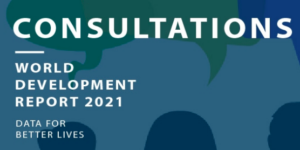
Relational Data
In our submission to the World Bank’s forthcoming World Development Report on Data and Development, we made the case that data only makes a difference if it informs decisions, influences actions and shapes relationships amongst system actors.
Modeling Governance
We shared our thoughts about whether and how the dynamic modeling approaches that have informed responses to the complex challenges of COVID-19 might be applied to complex governance-related challenges.
Integrity, Anti-Corruption & Healthy Systems
“A shift in focus from avoiding the wrong thing to doing the right thing.”
– Cities of Integrity, Global Integrity Anti-Corruption Evidence Programme
All Things COVID-19 & Corruption
We improved access to research and evidence through our COVID-19 Fiscal Governance and Anti-Corruption database, and through the GI-ACE Digital Library, to inform efforts to improve governance and tackle corruption.
Healthy Systems
We made good progress with developing a learning-centered, system-strengthening approach to supporting partner organizations’ efforts to address health service delivery challenges.
Contra Kleptocracy
We supported the Central African Coalition Against Kleptocracy to raise awareness and catalyze collaborative action by developing stories about the everyday impact of kleptocracy.
Carrots Over Sticks
We supported research on the role that social dynamics and professional organizations can play in strengthening trust and integrity through the Global Integrity Anti-Corruption Evidence program (GI-ACE).
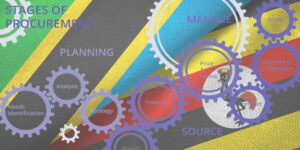
ACE-ing It
The Red Flags project, supported through GI-ACE, won the IMF Anti-Corruption Virtual Pitch Challenge, and the year ended with the launch of a series of practical approaches on how to address systemic and sectoral corruption challenges by renowned experts.
Addressing the Now
A collaboration with SOAS-ACE addressed the #EndSARS initiative in the Declarations Podcast; researchers responded to the FINcen Files; and projects highlighted the role COVID-19 has played in corruption.
Democracy and Open Government
“We’re all in charge of it….This is not up to our governments, up to our leaders.”
– Sanjay Fernades, SOLE Colombia
Growing Community
We adapted the ways in which the Open Gov Hub supports its members, hosting over 150 events with over a thousand attendees, growing the community to 50 members, and expanding the network of Global Affiliate Hubs to thirteen hubs across five continents.
Flipping the Script
Disrupting the norms of west-knows-best democracy promotion through the Outside/In blog series, we shared international perspectives from Latin America, Africa and Asia on governance challenges in the US.

Democracy in Crisis
Building on our previous work on Defending Democracy, we shared resources, facilitated consultation and hosted events relating to the US election and its aftermath through the Open Gov Hub’s networks.
Catalyzing Civic Collaboration
We conducted research with the Carnegie Endowment for International Peace about whether the challenges of COVID-19 are leading to new forms of collaboration between elite NGOs and grassroots organizations seeking to address corruption and foster open government.
2020 Financials
Based on preliminary numbers, Global Integrity’s revenue for 2020 was $3.6m and restricted release of grants for the year totalled $2.96m; our actual expense for the year was $2.97m, and our total Net Ordinary Income ended in $641k for 2020.*
*Current unaudited statement; final statement may change post audit in May.”
Total Expenses
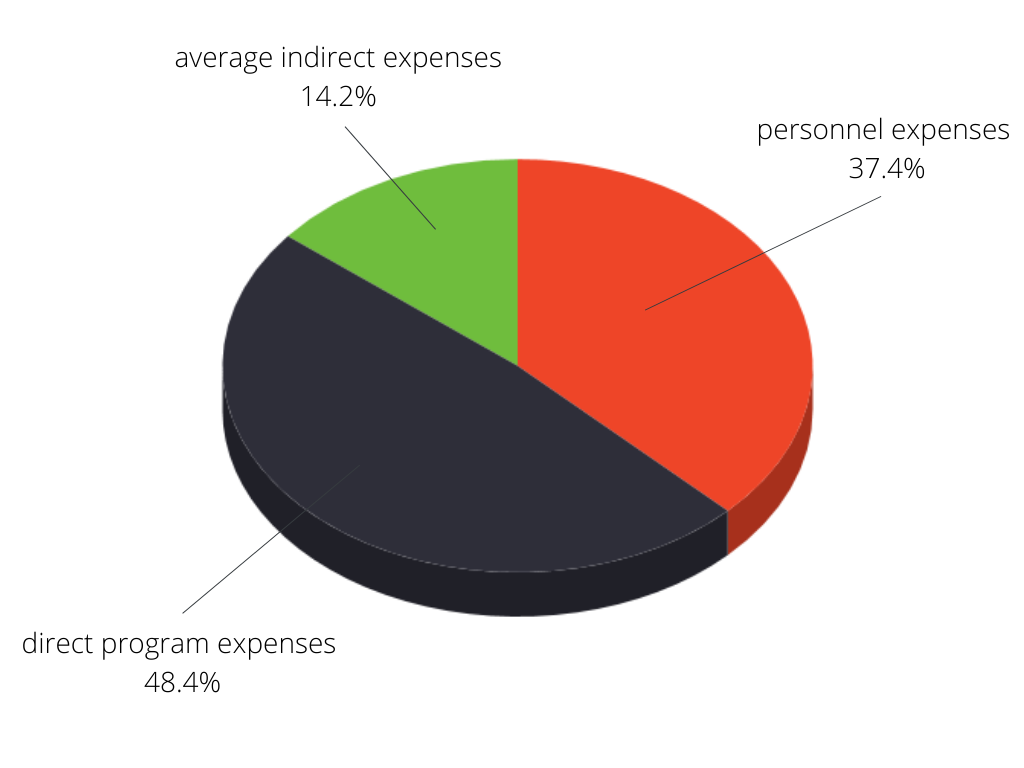
Total Revenue and Support

If you want to learn more about what we’re doing or would like to discuss how we might collaborate – please do drop us a line at info@globalintegrity.org. We’d love to connect!
